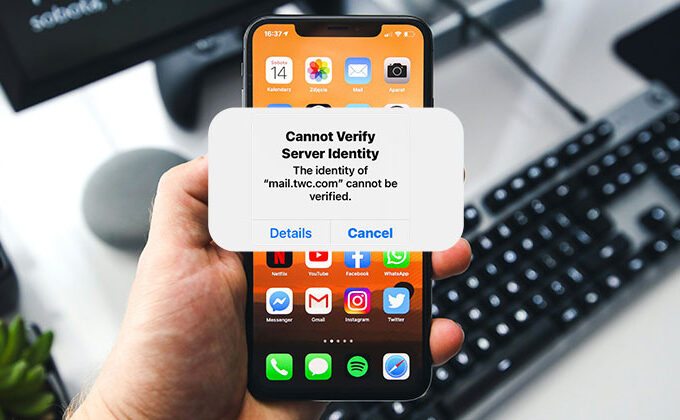At present, businesses depend on accurate information for making critical business decisions. From customer records, sales records or inventory logs – data must be accumulated, organized, and updated regularly in order to function optimally. Data entry clerks play a crucial role here by collecting, organizing and updating such records regularly – keeping everything accurate! Automation continues to gain ground while human oversight remains key when dealing with quality control in industries like healthcare, finance or ecommerce.
What Does a Data Entry Clerk Do?
A data entry clerk is a professional working within administration who performs routine clerical duties by entering or updating data into electronic systems, with primary responsibility being keeping company databases up-to-date and organized. A data entry clerk can assist accounts receivable departments by paying invoices and reviewing order returns for review or processing them efficiently.
- Collecting data and putting it into databases
- Checking records for accuracy
- Update databases with new or revised information when needed
- Making regular data backups to ensure that the data is preserved
- Accessing records and electronic files stored within the database.
- Sorting and arranging papers or notes after the data entry
- Making digital files or materials to print
- Informing team members of the requested data or other information
- Comparative analysis of several data sources to support administrative functions
Also read: What is a Master Schedule? Key Benefits, Common Challenges, and How to Use It
Skills and Qualifications
To be successful at data entry work, certain skills and credentials are crucial:
Core Skills:
- Typing Speed & Accuracy: Employers typically look for speeds of 40–60 WPM with minimal errors.
- Attention to Detail: Even seemingly small mistakes can have significant repercussions.
- Basic Computer Proficiency: Proficiently using spreadsheets, word processors, and databases is are crucial skill.
- Time Management: Deadlines can be stressful, so being effective with managing workload is of vital importance.
Qualifications:
- An entry-level positions often only require a high school diploma.
- Some roles may require certifications in data management or familiarity with industry-specific software.
Tools and Software Commonly Used
Data entry clerks must possess extensive experience using various digital tools, including:
- Microsoft Excel – for managing and analyzing spreadsheets
- Google Workspace – for collaborative data handling
- CRM systems like Salesforce – often used in sales and customer service
- ERP software – Such as SAP or Oracle, for enterprise data.
- OCR tools – to scan and digitize documents
Learning shortcuts, formulas, and features of these tools can dramatically boost productivity and accuracy.
Career Growth and Opportunities
Data entry might be viewed as an entry-level role, but it offers many exciting career possibilities and opportunities for growth.
- Data Analyst: With training in data visualization and analytics.
- Administrative Assistant: Combining data entry with office management
- Customer Service or Operations Support: Where understanding customer and product data is essential
Enhancing skills through online courses on Excel, SQL, or data analytics may open doors to higher-paying and more demanding roles.
Also read: What Is Data Conversion and How It Works
Tips for Succeeding in a Data Entry Role
For success and to stand out among employers, use these strategies:
- Practice Typing Regularly: Use online tools to increase speed and accuracy.
- Review Your Work: Make it part of your routine to review data before submitting.
- Stay Organized: Keep digital and physical files well-structured.
- Minimize Distractions: Especially important if working remotely.
- Use Automation Tools: Learn to use Excel functions, keyboard shortcuts, and text expanders.
Being proactive and efficient not only boosts performance but also improves job satisfaction.
How to Get a Data Entry Job in 2025
Landing a data entry job today is easier with online platforms and networking tools. Here’s how to get started:
- Create Your Resume: Highlight typing speed, attention to detail, and software skills when building your resume.
- Enroll in Job Boards: Websites such as Fiverr, Indeed, Upwork, Freelancer and LinkedIn offer many entry-level roles that could fit you.
- Remote Work: Many data entry positions offer virtual data entry positions specifically to freelancers.
- Take an Online Course: Coursera, Udemy or LinkedIn Learning offer relevant online training programs that may provide the expertise you require for success.
- Prepare for Interviews: Be ready for typing tests or short data tasks as part of the screening process.
Final Thoughts
A Data entry clerk plays an invaluable role in modern business operations, ensuring information flows smoothly and is accurate. Although seemingly mundane in its task, data entry requires discipline, precision and technical proficiency – vital traits if entering or changing careers remotely or searching for remote work opportunities. Data entry can provide an entryway into more advanced positions like administration, analytics or beyond with proper skillset and attitude.















Leave a comment